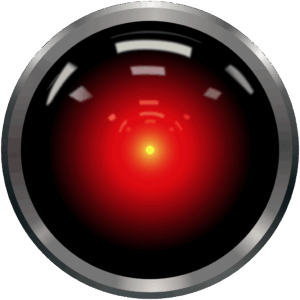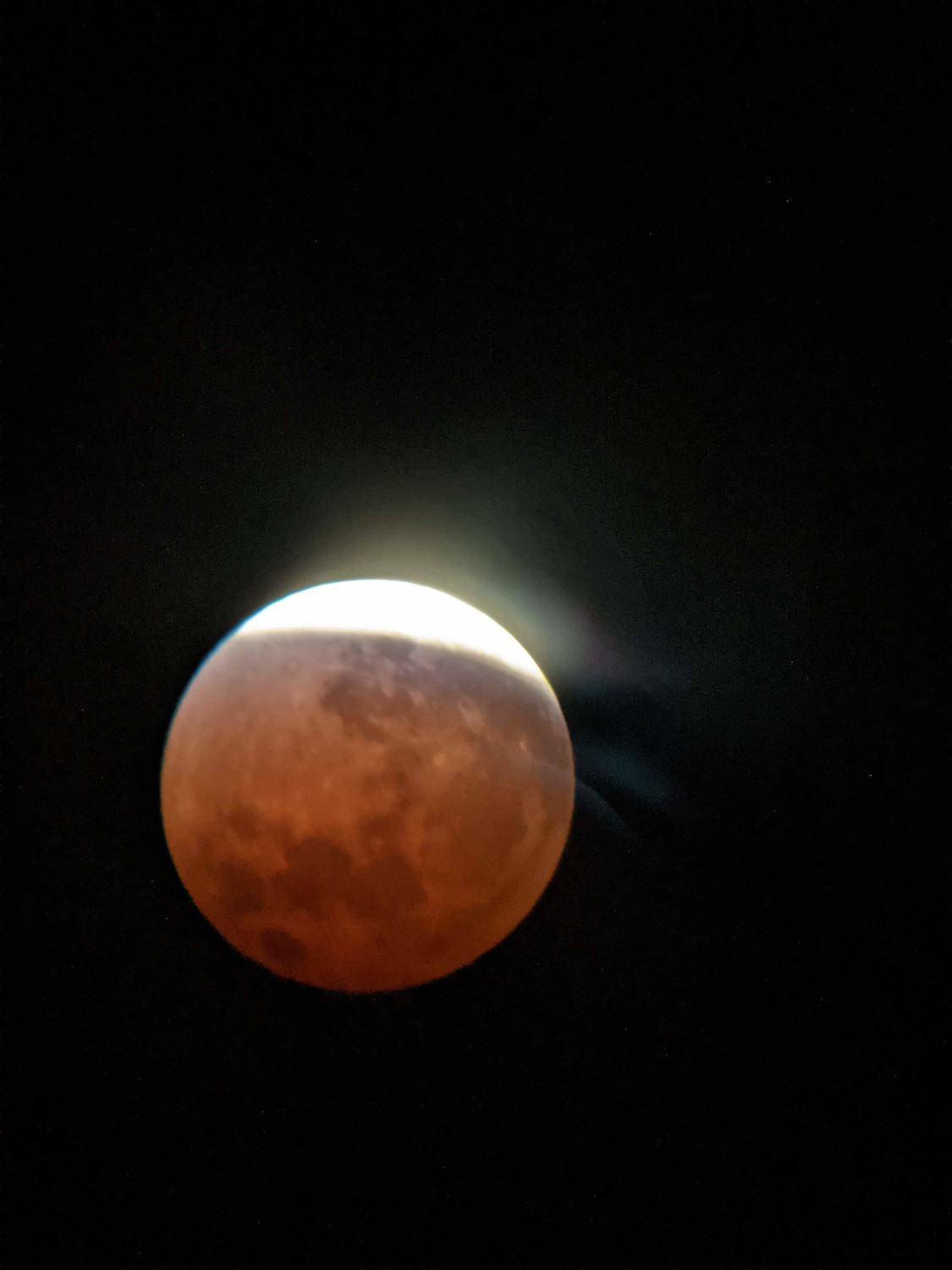Structure begins to suggest itself. I start creating Part and Chapter folders within the Manuscript folder and dragging the scenes into them.
I’m still sketching though. You know how an artist will often sketch a new work in pencil before getting out the paint? It’s like that.
Image: Jigsaw puzzle in progress, set on a large cardboard piece, with a box of jigsaw pieces next to it. photographer: https://commons.wikimedia.org/wiki/User:Balise42 license: https://creativecommons.org/licenses/by-sa/4.0/deed.en











